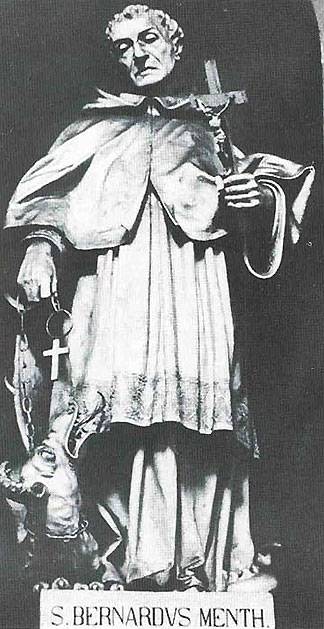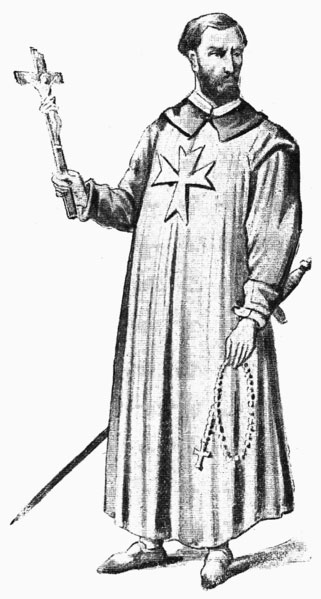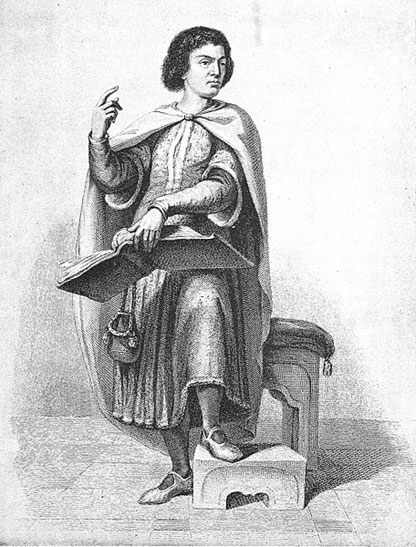
Saint Bernard was a Cistercian monk. He founded a religious Order that was a branch of the Order of Saint Benedict, destined to practice greater austerity and have a tougher life than required by the toughest rules of the monks of his time. He believed—how rightly!—that through suffering, man atones for his own sins and for the sins of others.
But he did not close his eyes to the fact that the Mohammedan danger was still great and would still try to conquer Europe many times. And because of this, aware that some of the ancient orders of chivalry were somewhat decadent, he heeded the request of some fervent knights, founded the famous Order of Chivalry of the Knights Templar and wrote its rule.
How Lepanto Teaches Us to Confide in Our Lady
The knight, who made vows in this Order, would make the vows of poverty, obedience to his superiors and chastity. But Saint Bernard added a sublime complimentary vow: to never retreat in the battlefield! To die if necessary but never retreat! Not even a strategic retreat: that was that! And this turned the Knights Templar into a force that broke the back of the Muslim danger of that time.

On the other hand, however, heresies were popping up. It was a bad epoch in which the Middle Ages were ending, and the modern times were about to begin manifesting themselves. And so Saint Bernard began to combat heresies, above all that of a famous, evil, horrible, sentimental heretic, the monk Abelard, whom he fought with all his energy and furor, and whose heresy he overthrew.

So here is Saint Bernard, a great mystical soul, a great warrior and a great polemicist!
The preceding article is taken from an informal lecture Professor Plinio Corrêa de Oliveira gave on September 24, 1989. It has been translated and adapted for publication without his revision. –Ed.
